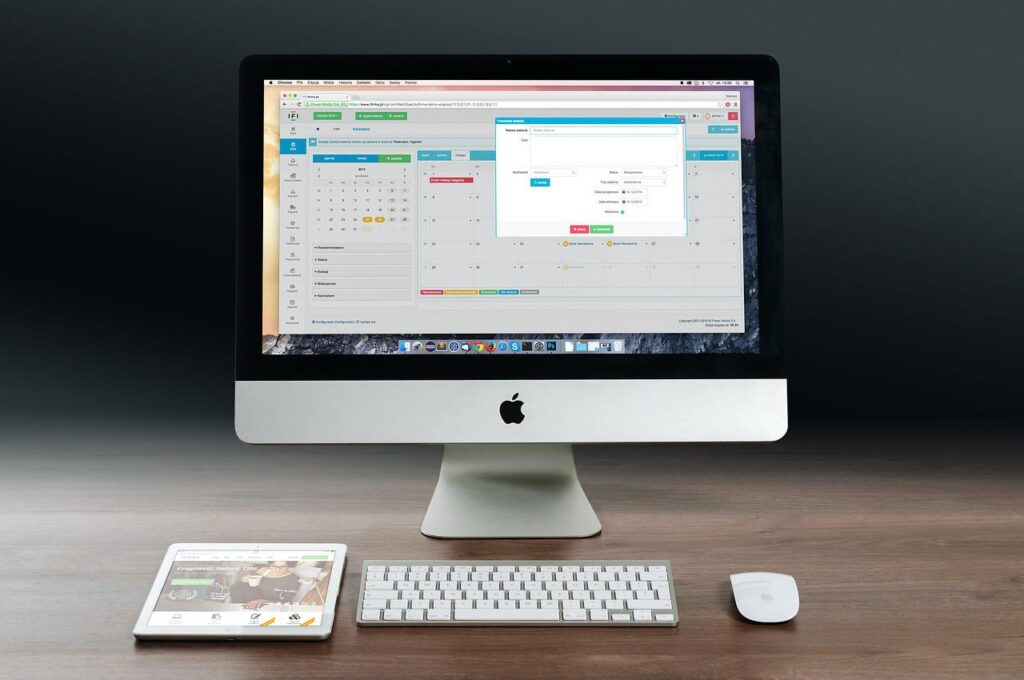There are many sites that provide productivity advice, but we’ve gathered the top five critical tips to enhance productivity.

- Prioritize your tasks
As a small business owner, you’ll have plenty of daily, weekly, monthly, and yearly tasks keeping you busy. Be sure to prioritize your tasks to identify the urgent points that need immediate action. To do this start by creating a list and identifying which tasks your business really needs to survive. Prioritizing your tasks lets you improve your time management and streamline your workflows. As you prioritize your tasks it also builds consistent habits and ensures you’re focusing on the right areas to boost your business outcomes and company culture.
- Build a positive working environment
When your employees feel valued, their satisfaction increases, and they’re motivated to complete their tasks. So, to boost productivity and create a successful business, you must set the tone and ensure you build a healthy work environment into your business model.
- Learn from your team
Evaluating and monitoring your employees tells you where a process has gone wrong, but it may not tell you why. Understanding this involves talking to your team and learning based on their experiences.
Getting your workers to open up can be difficult. Many employees may not want to admit they’re struggling with specific workloads or tasks. One way to retrieve this insight is to consider using anonymous surveys or designating a representative to relay the issues to you.
Your employees drive the needle of your business. When they face issues, that needle will slow down to zero. Listening to them and taking their advice will increase productivity and highlight many other problems you might not even be looking for.
- Create SMART goals
Your business goals are vital to building a productive small business. How your employees understand your business vision and how they can contribute to it is crucial. It’s vital your goals are realistic, well-defined, and in line with your business strategy.
Best practice is to make your goals SMART:
- Specific
- Measurable
- Achievable
- Realistic
- Timely
5. Monitor, analyze, and adjust your goals
After creating your SMART goals, it’s vital to monitor a SMART goal to ensure you’re on track to accomplish it. To ensure maximum business productivity and meet your goals, you must measure employee performances.
You can do this by using KPIs and monitoring vital metrics to identify productivity issues and resolve them, such as:
- Task time tracking
- Project completion time
- Revenue-per-employee
- Proficiency levels
When using analytics tools, you can see which employees struggle to keep up with their workload and the tasks taking longer than usual. With this information you can develop new strategies or create training plans to improve performance and productivity in those areas.
Make the most of your time, through your small business productivity. You don’t have a vast team to satisfy your business requirements. You and your employees are taking onboard various roles and responsibilities to complete necessary tasks to run your business.
Improving the productivity of your small business is vital for short and long-term success. By using productivity tips like the ones listed here, you can change your working habits for the better and increase the efficiency of your workforce.

